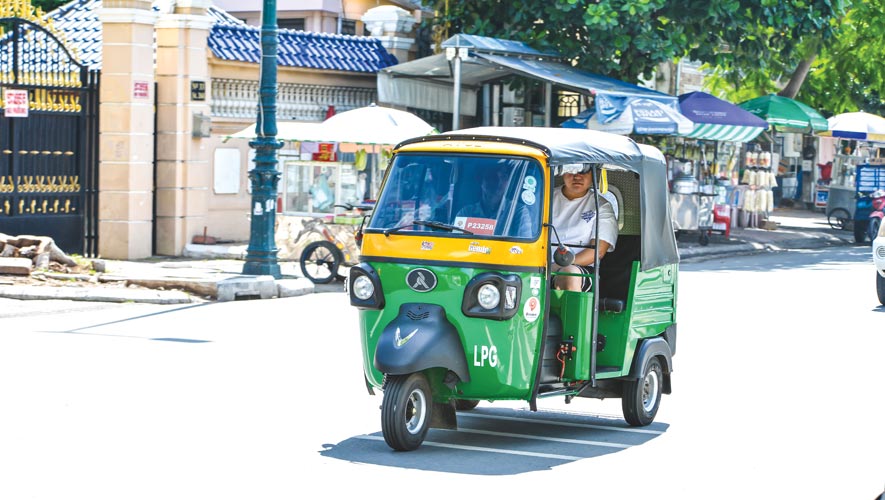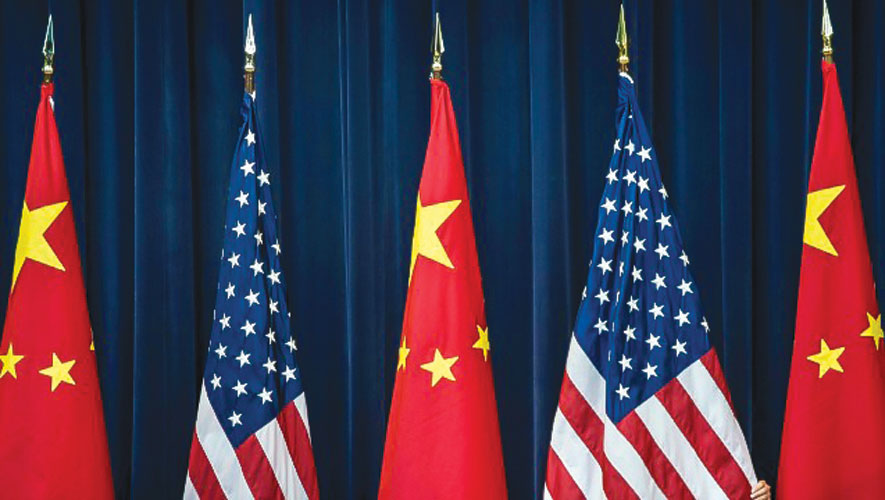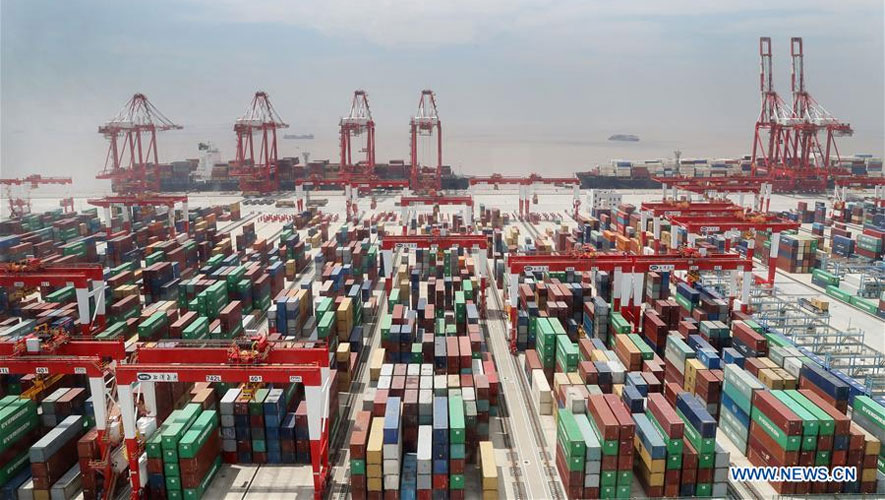Concerns over repayments exist particularly over lifestyle goods
For the latest Cambodian Business news, visit Khmer Times Business
Because of the increase in living standards and household demand, the size of financial leasing operations and its market are flourishing, according to the National Bank of Cambodia (NBC).
The financial leasing sector has been increasing its operations on moveable assets such as motorbikes, cars, agriculture equipment, construction machinery, electronic, home appliances, furniture and other mobile assets according to customers’ needs, says the central bank.
The NBC adds 15 financial leasing companies started to operate in recent years. Their total assets increased to KHR 951.6 billion ($237.9 million) in 2018, up from KHR 708 billion ($177 million) in 2017. Meanwhile, the total amount of financial leases increased to KHR 713.8 billion ($178.4 million) in 2018, up from KHR 525.3 billion ($131.3 million) in 2017. It says that these financial leases were provided to 72,921 customers.
The NBC says in the first half of this year, financial leasing loans increased 43.3 percent to around KHR 0.9 billion ($220 million). The agriculture sector accounts for 7 percent of that, consumer 46 percent, retail and commercial 5 percent, construction 7 percent, services 5 percent, transportation 10 percent and the rest 20 percent. However, non-performing loans in the financial sector are at 4.3 percent.
The nature of financial leasing is different from a bank loan and microfinance institutions and microfinance deposit institutions, says Chief Retail Business Officer Suon Pisey, of AMK Microfinance Institutions Plc.
He adds financial leasing involves customers buying products such as tuktuks and equipment from leasing companies, microfinance institutions (MFIs) or banks in that if leasing companies or MFIs are providing the loan service, they own it until it is fully paid off according to the contract conditions.
He adds that a bank loan refers to the money borrowed from the bank or MFIs and customers use the cash to purchase a car, other motor transportation, an electronic device etc.
Suon acknowledges the rapid growth of financial leasing services in the Kingdom, both the number of suppliers and customers.
He adds that AMK started introducing a leasing service early this year and now he has 1,000 customers with about 1 million dollars in value.
“Currently, we are offering certain leasing services such as for cars other vehicles and tractor and agriculture machinery,” Suon adds.
Financial leasing provides advantages and disadvantages to customers, according to Suon.
He adds that financial leasing enables customers to get things they need with no other access to cash.
However, he warns that people who want to use a financial leasing service have to prove products or goods are essential to generate more income for the family or the service and will help them to reduce their daily expenses.
“Those who consider an instalment service must be confident of their source of income and check on the repayment conditions with the companies, including fees, penalties and other procedures,” Suon adds.
LOLC (Cambodia) Plc, a wholly-owned subsidiary of Sri Lankan LOLC holding Plc, and one of the leading microfinancial deposit institutions (MDIs) in the Kingdom, also saw an increase in leasing services, particularly in the tuktuk market.
LOLC’s Chief Executive Officer Sok Voeun says the company, with dealer partners, has financed 30 per cent of the three-wheeler market. That is 8,355 vehicles worth $23million as of July 2019.
He adds that leasing is offered to clients who wish to use moveable assets such as motorbikes, tricycles, cars and agriculture machinery for their daily business or personal activities over a long-term financing period without investing their capital or using working capital.
“A lot of Cambodian people are interested in financial leases because they will generate good revenue for their families,” says Sok.
“The default rate for this segment is low for LOLC.” He adds that the growth of three-wheelers is still going smoothly because three-wheeler transportation makes good returns.
Ever since financial leasing increased in the Kingdom, the economist is concerned about its default rate because a lot of Cambodian people, particularly those living in rural areas. possess little financial literacy.
“We accepted that financial leasing in Cambodia is increasing year-on-year, but normally the default rate on financial leasing is higher than loans from MFIs,” says Ngeth Chou, a senior economic consultant at Emergent Market Consulting (EMC).
He adds that there are problems when a customer arranges instalments on consumer products that are related to lifestyle such as expensive watches, electronic devices or transportation.
Ngeth gives as an example a customer who wants to lease a car worth $50,000.
The buyer will need to spend at least $10,000 in interest for four or five years.
He adds that the price of the car will fall annually so his company makes no profit with this instalment service.
Ngeth does not recommend using financial leasing on lifestyle products.
He also argues leasing will not contribute to boosting economic growth unless the products are produced locally.
If they are foreign goods, the money will flow out of the country.
However, Ngeth recommends Cambodians should use financial leasing on products that generate income to support families or reduce expenses or on those products used in economic production such as generators, tractors or heavy machinery.
Both Ngeth and Suon agree that it is risky if customers pay by instalments only on lifestyle products because they cannot generate any income or goods that lack a decent income.
“[Cambodians] still enjoy their lifestyles using financial lease services on a new car, other transport or electronic goods, but they have to make sure that they have another income from their current job, or their income is sufficient to ensure that they can pay the instalments. “If they can manage that, there is no issue with an instalment plan,” Suon adds.
As such, financial leasing can be considered to be a predominantly asset to the Cambodian economy.




